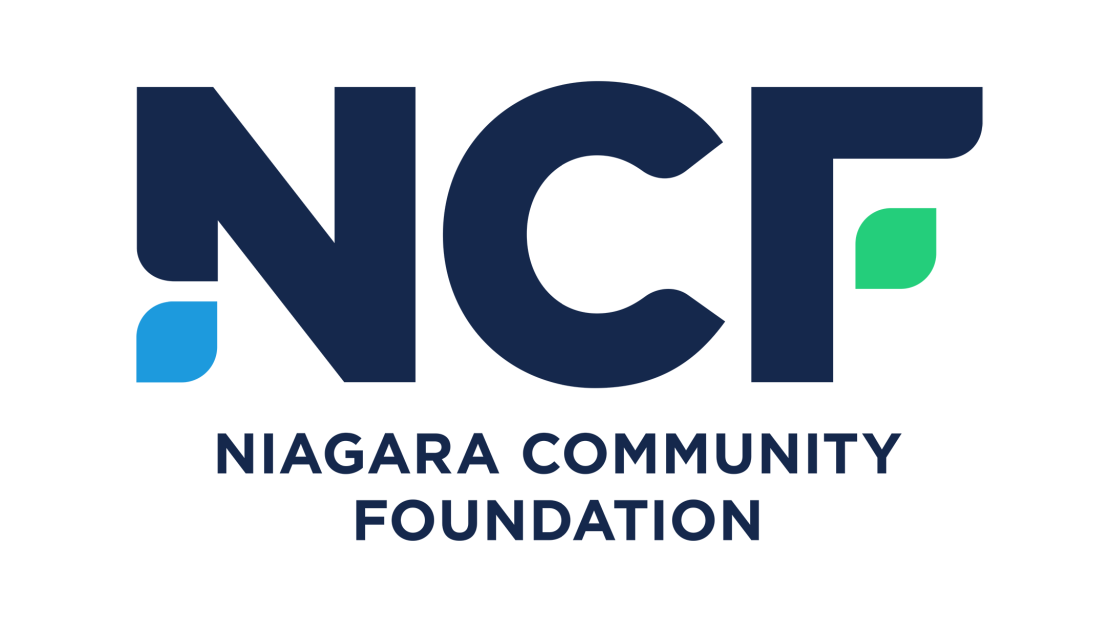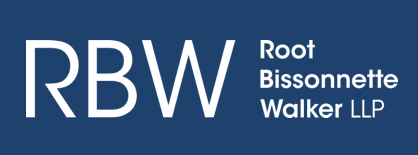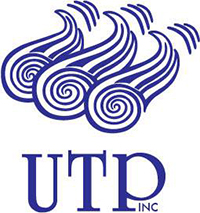Many Canadians find themselves at the crossroads of financial decisions as their mortgage renewal date approaches.
Today, families are reassessing their financial health and ability to achieve their goals while adapting to changing circumstances, like higher debt payments and other living costs.
According to the Bank of Canada, the 1.4 million Canadians who obtained a mortgage in 2020 or 2021 could see their average monthly payment increase by 30% or more within five years. Mortgage costs are about to be at the highest level in decades.
So, what is a homeowner to do? A financial advisor can help clients review options and tradeoffs to help clients meet short and long-term goals. This advice may include weighing the benefits of fixed/variable rates, term lengths, and making extra payments to shave years off the life of a mortgage.
Let me share five things you may want to consider helping control your payments.
- Pay a lump sum
Ask your financial advisor about the benefits of putting down a lump sum at the time of renewal. A lump sum goes directly toward reducing the principal, but make sure you aren’t incurring any penalties. - Payment frequency
Speak to your financial advisor about payment frequency. It is important to understand the options. For example, most institutions offer straight weekly, bi-weekly, semi-monthly options that are not “accelerated”. Which means you have just taken the regular monthly payment and divided it by the payment frequency you want. Accelerated payments calculated the payment amount to be higher to pay an extra month of principal. Ensure you choose an option that suits your lifestyle. - Renew for a shorter term
According to the Canadian Mortgage and Housing Corporation (CMHC), more Canadians are choosing shorter-term fixed-rate mortgages. Shorter term rates typically come with higher interest rates, but the hope of many Canadians is that the Bank of Canada will choose to lower rates before their next renewal. If rates decline before your next renewal, this strategy may save you interest. However, there is no guarantee that rates offered at your next renewal will be low enough to offset the increase in interest you will pay now, and this strategy may add increased volatility to the household budget. - Extend your amortization
If you increase your amortization, you extend the amount of time you’ll be paying down your mortgage, but you’ll reduce your payments. This move could enable you to have better control over your cashflow, but you’ll spend longer paying down your mortgage. - Downsize or co-habitate
If you find that you are unable to afford your mortgage payments, selling and downsizing for a more affordable home could be an option to consider. Living with and splitting payments with a friend or family member could also enable you to better manage your payments.
Bottom line
What you do depends entirely on your unique situation. Before you renew your mortgage, you should research all options.
I can talk to you about how the choices you make could impact your financial strategy.
Mortgage renewals are a crucial chapter in the homeownership story. While you can’t control the ebb and flow of the housing market, mortgage renewal can be a moment of empowerment to redefine your financial future.
This article was written by Edward Jones for use by your local Edward Jones Financial Advisor, Nicolle Lalonde.
 Back to myNiagaraOnline
Back to myNiagaraOnline
































